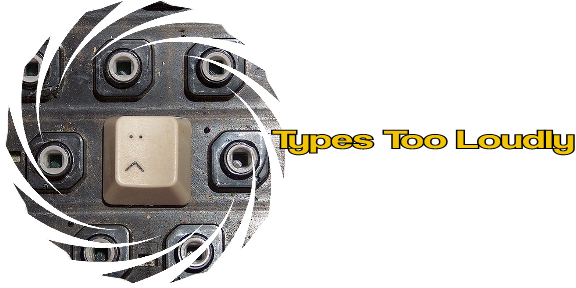Orality and literacy are two distinctly different concepts. Quite simply, the former is spoken while the latter is written. Furthermore, if we are speaking of literature as the written word, then it follows quite clearly that orality may exist without implying literature while literature could not exist without implying orality. There are, of course, many relationships, misconceptions, and forked paths between these terms which have thus far managed to elude and deceive the attention of most minds. Some, before actually offering any intelligent thought to take place, would contend that speaking and writing are one and the same in practice. Others attempt to offer study on orality, but do so without recognizing their exclusive concentration on written means. Walter Ong attempts to direct focus on orality and literacy in order to explore some of these uncharted paths. He does so with some success, and perhaps seeks the eventual goal of creating a new path all his own.
"Written words are residue. Oral tradition has no such residue or deposit. When an often-told story is not actually being told, all that exists of it is the potential in certain human beings to tell it."
Despite a few of Ong’s insights which I acknowledge, I have a couple issues with some statements including the above quoted passage. First of all, oral tradition leaves behind just as much (if not more) residue as written words do. I’m speaking not of the physicality of course, but of the imprint upon the mind and the subsequent thoughts invoked. Often the presence or persona accompanied by an orator can change drastically the meaning or effect of a work (written or spoken). I consider this as significant residue. Furthermore, in making the criticism “all that exists of (an oral story not currently being told), is the potential in certain human beings to tell it,” Ong may as well insist “all that exists of literature not being read is the potential of certain human beings to read it.” My question is, what’s the difference?
As a point of interest, there were parts of Ong’s work which intrigued me almost to the position of contending that Ong ought to change the title of his book to “Orality, Literature, and Thought.” Much of what he discusses seems to be relevant with the very process and interpretation of thought. Perhaps I am simply increasing the size and scope of the problem at hand but it seems that orality and literacy hold thought as a common factor which both practices are used to convey. Furthermore, it seems there are times when neither orality nor literacy (working together or separately) are adequate to explain a given amount of thought implying thought itself to deserve attention and explanation all its own. After all, often an occasion occurs during which a person is unable to convey his or her own thoughts to others despite many attempts and methods at varying success. One friend of mine, for instance, when asked to respond to the question “What are you thinking?” could only respond with the following confused jumble of words: “I don’t actually know,” followed by “but I’m not thinking of nothing, I mean I am thinking, it’s just.. I don’t know… nevermind.” Ong has made an interesting step in what I would approve of as an appropriate direction, but there remain many more unexplored avenues and a great deal of room for further exploration even in Ong’s focus of study.
Subscribe to:
Post Comments (Atom)


No comments:
Post a Comment